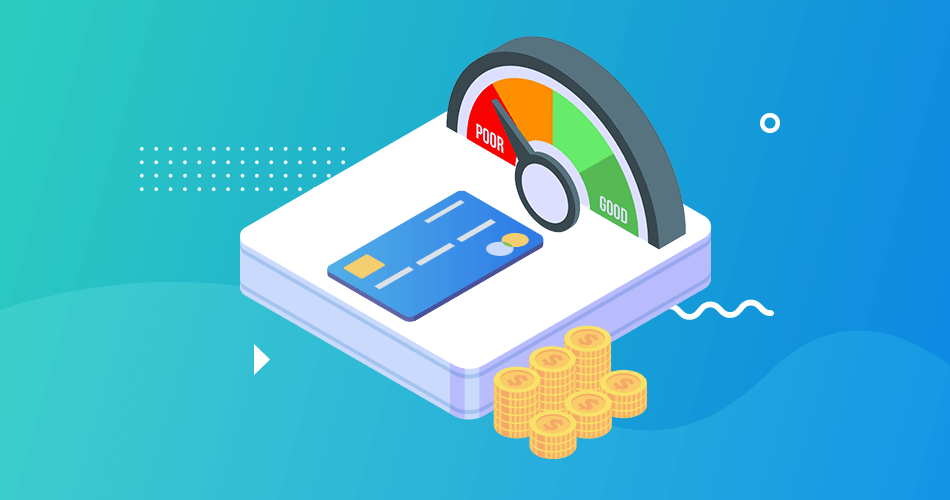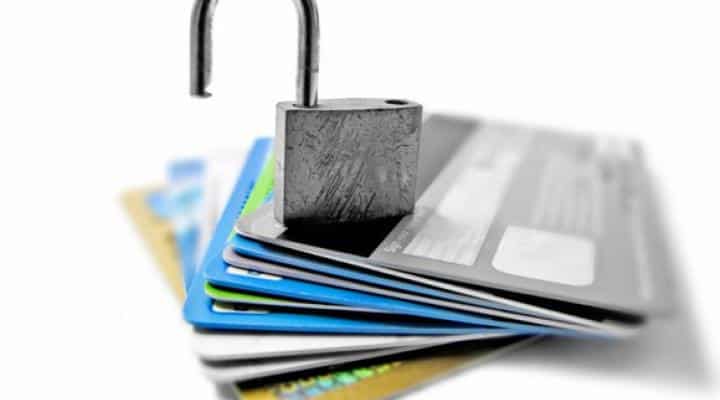The world of finance is vast – and sometimes intimidating. There are plenty of options for financing, investing and so on.
Dizzying!
Yet there is no denying the fact that knowledge of finance is absolutely crucial.
Kofi Annan, a Ghanaian diplomat, had this to say-
Knowledge of power. Information is liberating. Education is the premise of progress, in every society, in every family.
The only way to attain command over your financial life is to learn as much as possible and to make informed choices.
This requires an immense amount of dedication, discipline, and perseverance.
But nowhere is your knowledge of finance put to the test to the extent that it is, while taking a new financial step. A leap in the dark.
One such major financial step is applying for a new credit card.
There may be so many things circling in your head when you finally decide to go for a new credit card for yourself.
- What are the various types of credit cards?
- Which one is best suited for me?
- What is the credit card minimum payment to be made?
- How do I ensure that it is easy to use?
So on and so forth. If you are among those who are struggling with such questions – worry not!
We are here to help you.
We recognize that applying for a new credit card can be an intimidating experience, and that is why we have compiled a list to help you with making that crucial decision.
Read on to find out:
1. Know your income
A Credit card is issued against disclosure of income information to assist the issuer in gauging your repayment capacity.
It goes without saying that the pool of choices you have before you would increase with a higher income.
Your income is crucial in determining which credit card is finally issued to know and if the one you eye is meant for you.
Pro tips:
- Make a list of all your sources of income before you apply
- Loop in factors such as the regularity of income, expected pay rise, etc
2. Know the applicable penalty
No matter the issuer, you will incur a penalty if you do not pay your bills on time.
What varies is the extent of the penalty that you would have to cough up.
Keep in mind:
- The creditor can, along with charging a penalty, report your non-payment to credit bureaus
- This can drastically lower your credit score
- It will certainly damage your credit history
3. Understand how interest would apply
If you pay your credit card bills in time and in full, you need not worry about the interest as you will not incur any.
However, if you do fall behind on your payments, you will certainly be charged interest on your balance.
These charges are levied on the balance amount according to what’s called the APR (Annual Percentage Rate).
Pro tips:
- It is a good idea to speak with the creditor’s representative if the print does not make it clear
- APR is usually in the range of about 30-40%, so it is best to pay in time
4. Limit your applications
Remember that applying at too many places for a credit card in a short span of time is a bad thing for your credit score.
It generally implies that:
- You are in sudden, dire need of money
- You have been rejected at too many places
Both of these factors can impact your credit score negatively.
Keep in mind:
- Do not apply for credit cards with too many creditors at once
- Do some preliminary research before you apply
5. Read the fine print
Understanding the terms and conditions is the first step in ensuring that you do not face any terrible surprises later.
Yes, we know, it is time-consuming, boring, and confusing.
Yet, it is crucial!
- The T&Cs will tell you of any benefits that you can avail
- You will learn about the consequences of misusing your card
Pro tips:
- Do not skip reading the T&Cs no matter what
- Clarify all your queries before you zero in on a credit card
6. Understand your credit limit
Your credit limit is strongly tied to your income. The higher your income, the higher the credit limit you are given by your creditor.
If this is your first time applying for a credit card, creditors might issue a credit card with a low credit limit in order to minimize their risk.
This is okay as they will raise the limit once you use the card for some time and make timely payments.
Keep in mind:
- A high credit limit can sometimes lead to financial indiscipline
- Beware of creditors who offer unusually high credit limits at the start – read the fine print
7. Meet with a financial consultant/advisor
Financial consultants are experienced in the world of finance and owe their reputation to immense expertise.
This can come in extremely handy when you are seriously confused during your credit search on the next step.
Remember:
- Only avail the services of a well-trusted advisor
- Do not skip doing your own research and do not blindly trust any advice
8. Secured and unsecured credit cards
If you are not being approved for a credit card due to a lack of credit, a secured credit card may be just right for you.
Note that a secured credit card will generally need you to make a deposit as a safety net.
Note that once it has been established that you can use a secured credit card responsibly, you can then transition to a secured debit card along with a return on your deposit.
In conclusion
At the end of the day, it is important to maintain financial discipline and know the repercussions of financial mismanagement.
A credit card could be your ticket to financial freedom or our ticket to financial ruin. It is all on you.
It may be a tough decision to finally zero in on a credit card, but following the above tips will certainly make the process a lot simpler.
I will leave you with this quote by Roy Disney –
It is not hard to make decisions when you know what your values are.
So go forth with confidence and may all your dreams come true!



